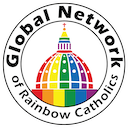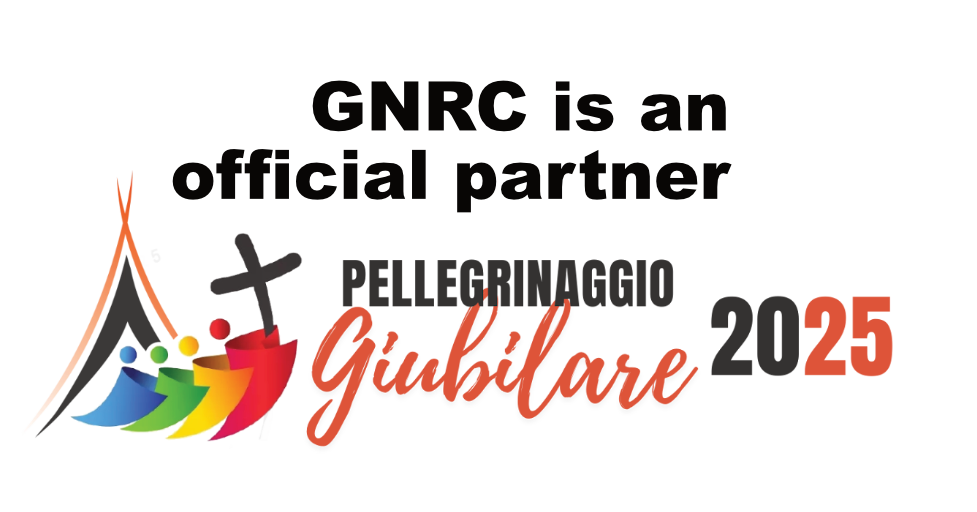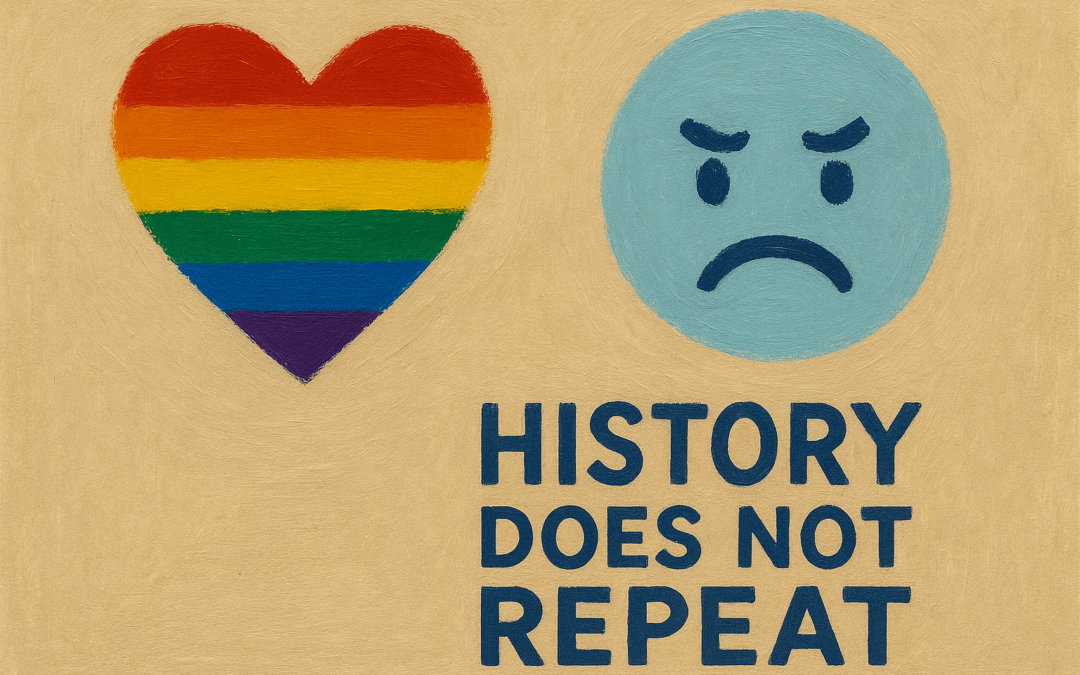Over the past few years, many of us engaged in faith-based and civil society activism have sensed a growing hostility in the air.
Ari Shaw’s recently wrote an article in Foreign Affairs confirming with clarity that it is not only a matter of perception.
The rise in attacks against LGBT people and organizations is not a separate trend but part of a wider global erosion of democratic rights. According to the Global Freedom Index and other independent monitors, the past decade has seen a consistent shift toward authoritarian governance in many parts of the world. Sadly, LGBT rights have become an easy target, turned into political tools by conservative and illiberal regimes to consolidate power and create enemies.
What is especially troubling is the way in which these actors manage to frame themselves as if they were defending their rights. In many countries, conservatives portray themselves as the victims of supposed social engineering, threatened by the expansion of LGBT rights. But the facts on the ground tell a very different story. LGBT rights, where they exist, have often been the result of long and tireless grassroots efforts, carried forward by activists with almost no resources, under legal and personal threat. These efforts have built alliances, lobbied institutions, and used every channel available, legal, civic, or international, to create space for dignity. By contrast, those working to roll back these rights are often supported by powerful, well-funded international networks. A recent European Parliamentary Forum report showed that over $1 billion has been spent in just a few years by hundreds of organizations promoting anti-LGBT and conservative social agendas in Europe alone.
These networks use language like “gender ideology” to stir fear. They frame LGBT inclusion as a threat to the family or a foreign imposition. This is both a distortion and, in many cases, a projection: it is they who often act as ideological exporters, advising governments on how to craft oppressive laws and presenting these as protections for traditional values. Too often, religious groups lend their moral authority to these campaigns, even when the resulting laws deny dignity and criminalize people simply for existing. Shaw’s article points to the pattern again and again, from Ghana and Hungary to Indonesia and the United States. Wherever LGBT rights are attacked, democratic norms tend to be attacked as well. The suppression of LGBT people becomes a rehearsal for wider crackdowns on media, civil society, education, and even basic liberties.
This is a battle about LGBT rights and it is a battle about human rights in the broadest sense. It is about how societies respond to fear. Silence has a cost and history offers painful examples. When people remained silent in the face of early Nazi laws, what began with the Jews quickly extended to Roma, disabled people, LGBT people, and many others. Today, we still have a chance to resist these cycles of exclusion. GNRC joins all those in the Church and civil society who, in the words of Pope Francis (Dilexit Nos), seek “the transformation of selfish hearts.” We believe in a future built not on fear or division, but on the Gospel promise that we are “all siblings.” It is not too late to act, but we must act together.
reference article: The Global Threat to LGBTQ Rights: The Fate of Legal Protections Is Tied to the Fate of Democracy – https://www.foreignaffairs.com/united-states/global-threat-lgbtq-rights?s=EDZZZ005ZX&utm_medium=newsletters&utm_source=fatoday&utm_campaign=Nuclear%20Powers%2C%20Conventional%20Wars&utm_content=20250717&utm_term=EDZZZ005ZX


